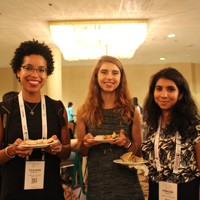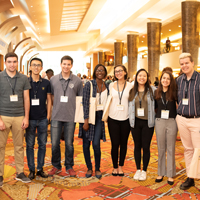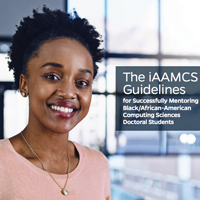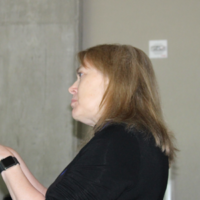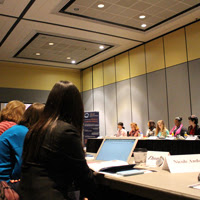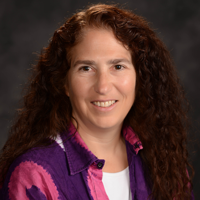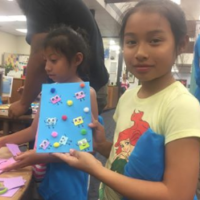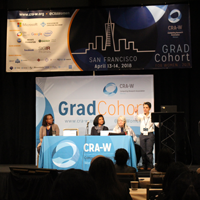
2018 Grad Cohort for Women Attendees Share Reflections in Short Video
Find out what participants thought about the 2018 CRA-W Grad Cohort for Women in this recently released video. In testimonials collected at the end of the workshop, a resounding theme was the participants’ renewed motivation to complete their Ph.D.


